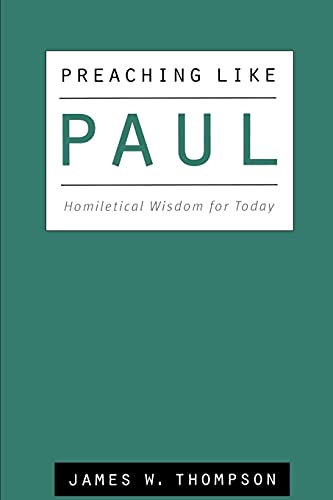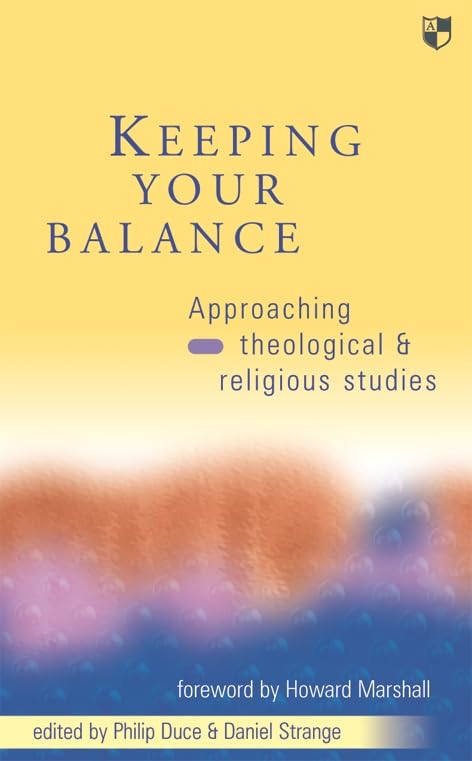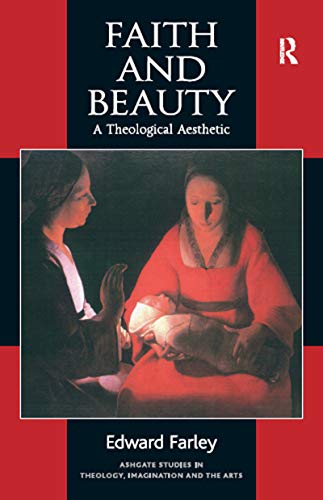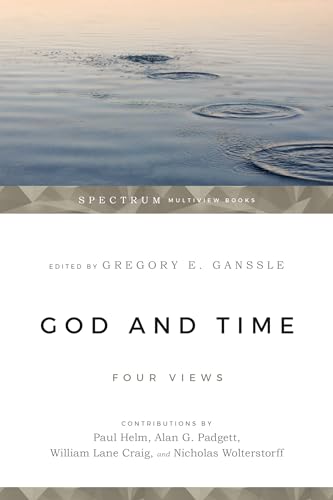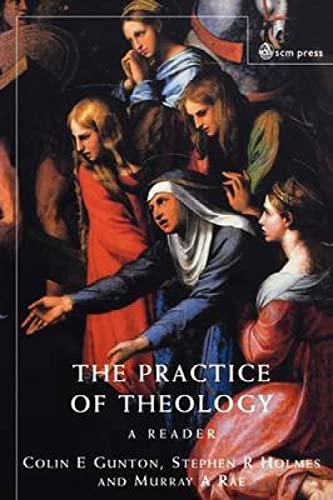THE SECOND EPISTLE TO CORINTHIANS VOL II, 8–13
Written by Margaret E. Thrall Reviewed By Robert WilloughbyThis second volume of Margaret Thrall’s commentary exhibits the meticulous scholarship, clarity of mind and lucidity of writing that characterised the first volume (also published by T. & T. Clark in 1994). The Greek text is carefully analysed verse by verse and a wide range of scholars’ views are set out and judiciously and exhaustively assessed. Margaret Thrall has a great ability to spot ambiguity and obscurity. This is necessary since these last six chapters of 2 Corinthians are dense in substance and present the commentator with an enormous number of problems to solve on a historical, literary and theological level.
The topic of the Jerusalem Collection (chs 8 and 9) receives its own introduction. Dr Thrall traces the history of Paul’s promotion of the Collection, seeking to show that both theological and economic factors play their part in Paul’s plans. Two closing essays explore the identify of Paul’s opponents, who appear to represent the Jewish Christian mission and exemplify attitudes which bear a resemblance to some early from of Matthew’s Gospel, and resulting from the division of labour agreed in Galatians 2:1–10. The second essay deals with substance of Paul’s apostleship According to Thrall, Paul may have been influenced to use the designation because others were using it. He may have been influenced also by the usage of verbs in Isaiah 6:8 and Jeremiah 1:7. Thrall relates it more specifically, however, to the verbal content of the Damascus Road Christophany and that is where his authority derives from. All of which raise questions as to Paul’s character and his influence and authority for Christians today which Thrall explores in this final essay.
Cultural background is addressed in two separate excursuses on 11:6 and 11:23b–29 and a further excursus discusses his beatings at the hands of the Roman authorities and his reasons for remaining silent about his Roman citizenship when he might have invoked it to his benefit. As to issues of power and powerlessness (12:8–9). Dr Thrall demonstrates real empathy for Paul’s suffering both of an internal and external nature. She also adds an excursus on Paul’s ‘thorn in the flesh’ (12:7) which she tentatively diagnoses as a proneness to migraine.
This commentary is indispensible to any serious study of Paul’s letter. Based upon the Greek text, detailed in comment and very wide-ranging in its handling of both primary and secondary literature, it will recommend itself primarily to those who are sufficiently learned and patient to plumb its riches. I hope however that those for whom this seems daunting will not be put off because there are so many important issues dealt with here with immense clarity and perception. One complaint, though. To use this volume adequately it is necessary to possess the first, covering chapters 1–7 and most of the other introductory issues. Moreover, at a combined cost of over £70, this exemplary commentary will surely be beyond the purse of perhaps the majority of those who would like to use it.
Robert Willoughby
London School of Theology, (formerly London Bible College), Northwood



